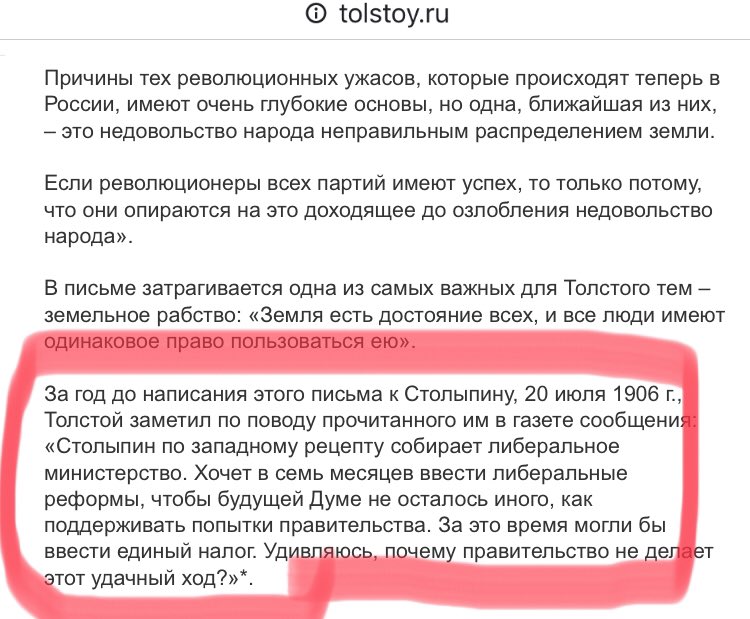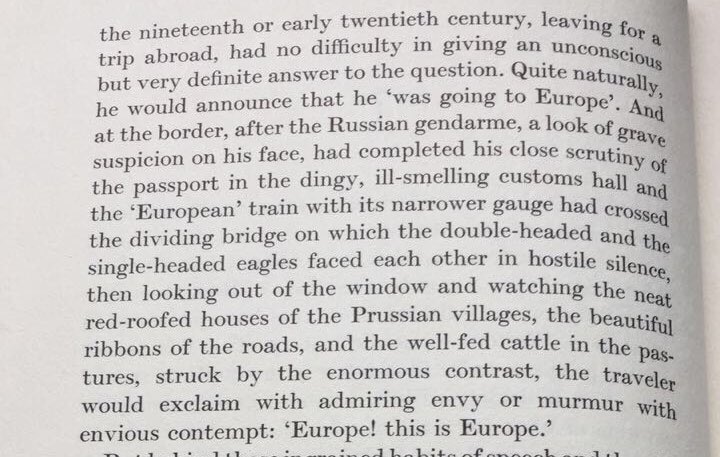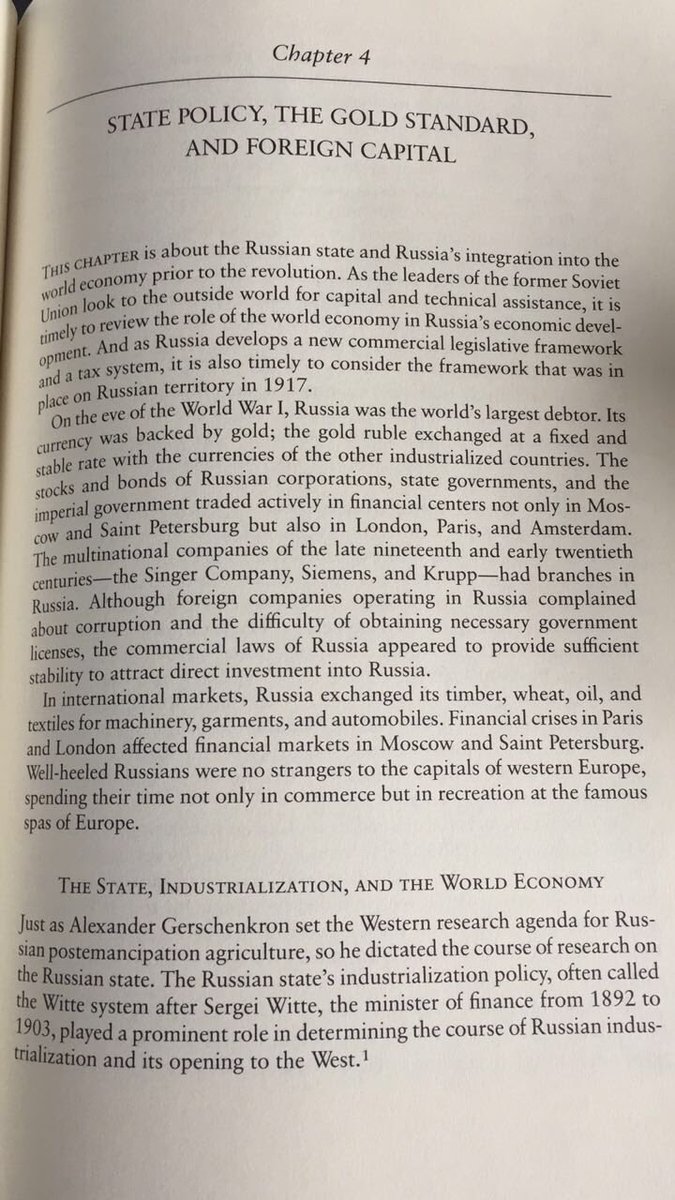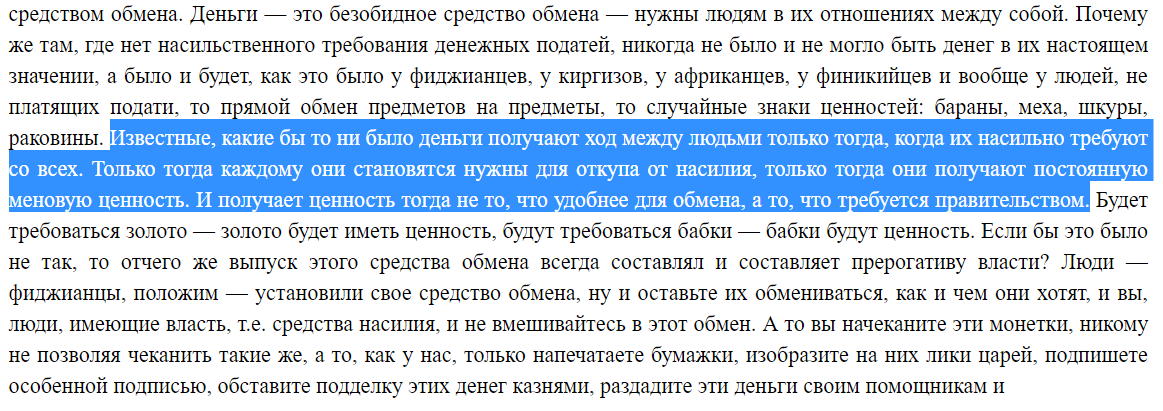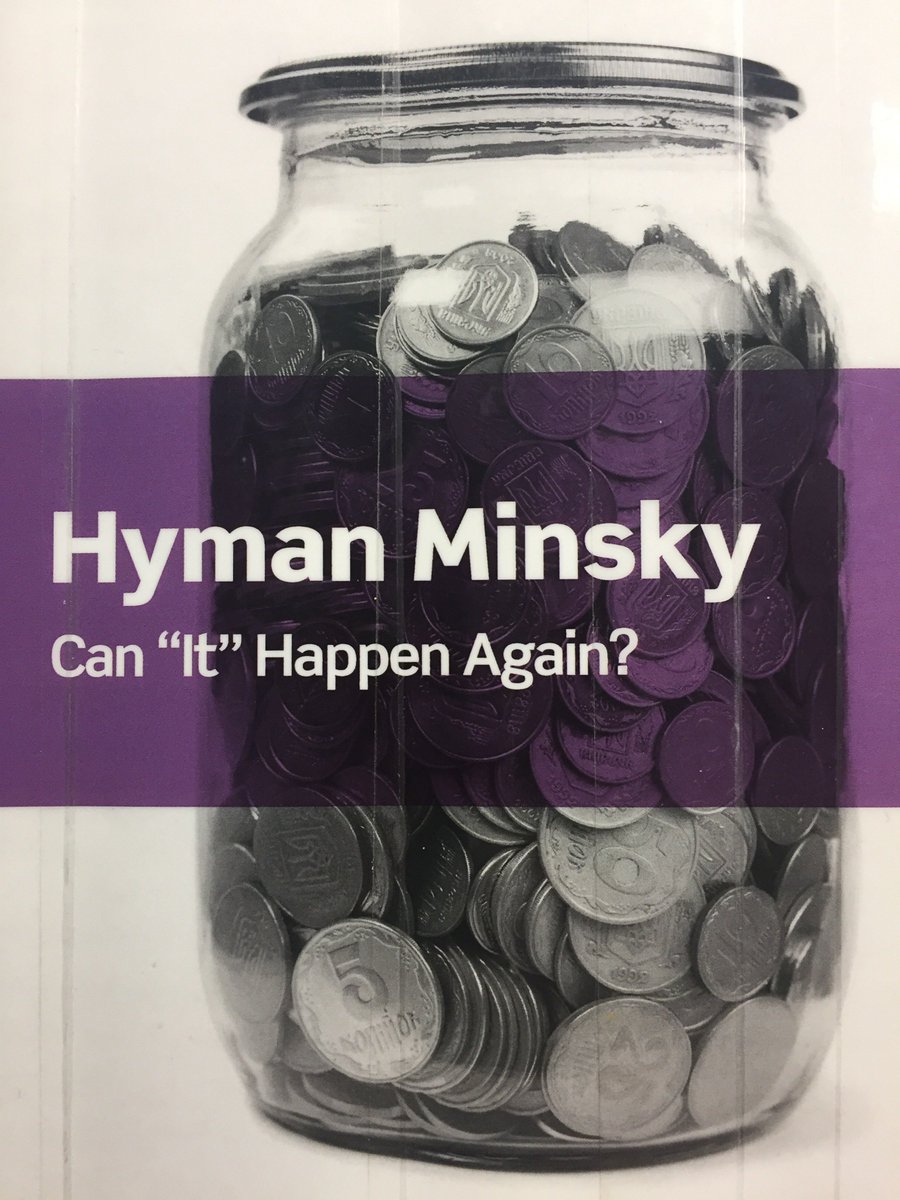
Aside of #MMT debate btw Galbraith and Rogoff @GaidarForum2020, there is another interesting event taking place in #Russia.
This is an appointment of new prime minister of Russian government Mikhail #Mishustin.
And this thread is my understanding of the development.
1/
This is an appointment of new prime minister of Russian government Mikhail #Mishustin.
And this thread is my understanding of the development.
1/
Just quite recently @FT published a brief profile on Mishustin in this long-read article 👇
2/ https://t.co/Kic5CYkCIU
https://twitter.com/alexvalchyshen/status/1217506893989646336?s=21
2/ https://t.co/Kic5CYkCIU
The matter is that since 2014 Russia has been under US/EU sanctions due to its annexation of Crimea and parts of Donbas, both are #Ukraine’s territories.
Mainstream economists in the West have tended to see sanctions as a tool that would crush, punish, and restrain Russia.
3/
Mainstream economists in the West have tended to see sanctions as a tool that would crush, punish, and restrain Russia.
3/
That mainstream view has been wrong. Rather, sanctions were helpful for Kremlin as it self-imposed them.
I argued on this in different pieces:
(1) ibtimes.co.uk/ukraine-has-le… via @IBTimes
(2) dailycaller.com/2017/02/23/a-c… via @DailyCaller
(3) medium.com/@AlexValchyshe…
4/
I argued on this in different pieces:
(1) ibtimes.co.uk/ukraine-has-le… via @IBTimes
(2) dailycaller.com/2017/02/23/a-c… via @DailyCaller
(3) medium.com/@AlexValchyshe…
4/
Sanctions did help Kremlin to make transition from unhealthy economy as of end 2013 towards a much more flexible one now.
That @FT article dated Nov-19 featuring the now newly appointed PM Mishustin and celebrating Russia’s tech upscale tax system is in line w my view, IMO.
5/
That @FT article dated Nov-19 featuring the now newly appointed PM Mishustin and celebrating Russia’s tech upscale tax system is in line w my view, IMO.
5/
While the @FT article on Mishustin back in Nov-19 presents Russia’s upscale tax system as one that fights corruption and inefficiency, true meaning of it is that Russia has been seriously strengthening its finance system.
6/
6/
This is second grand step in this direction.
The first one was made back in 2013-14 when Russian authorities moved towards true floating FX regime for own money unit, ruble or #RUB. This 1st step also included re-arrangements the dom finance sector (some call it “cleaning”).
7/
The first one was made back in 2013-14 when Russian authorities moved towards true floating FX regime for own money unit, ruble or #RUB. This 1st step also included re-arrangements the dom finance sector (some call it “cleaning”).
7/
@FT Russia's economic restructuring from 2013 till now and ongoing has been about 3 major points:
(1) gaining greater monetary sovereignty by making $RUB a truely floating currency and directing local businesses to gradually reduce FX debt,
9/
(1) gaining greater monetary sovereignty by making $RUB a truely floating currency and directing local businesses to gradually reduce FX debt,
9/
@FT ...
(2) strengthening the tax system (see @FT article above) and this btw reflects #heterodox #money view in Russia shared by Leo #Tolstoy (thread:
10/
(2) strengthening the tax system (see @FT article above) and this btw reflects #heterodox #money view in Russia shared by Leo #Tolstoy (thread:
https://twitter.com/AlexValchyshen/status/1154319852275994626?s=20)
10/
@FT ...
(3) while in the fiscal & monetary policies there has been a heavy loaded orthodox approach like Germany's black-zero policy (of fiscal surpluses).
As a result, growth has been very weak over the past several years now...
11/
(3) while in the fiscal & monetary policies there has been a heavy loaded orthodox approach like Germany's black-zero policy (of fiscal surpluses).
As a result, growth has been very weak over the past several years now...
11/
@FT ...and it even caused Minister of Economy Maxim #Oreshkin to rebel against the orthodoxy of the central bank and ministry of finance (read Oreshkin's interview here: bit.ly/2q0RbwJ)
@FT All in all, IMO, #Mishustin's appointment is a continuation of a long tradition of relying on what does work. It is also a (quite slow) shift in Kremlin to relying a bit less on the econ orthodoxy and embracing a bit more of heterodox econ views. (It must b Oreshkin's win.)
/END
/END

• • •
Missing some Tweet in this thread? You can try to
force a refresh





